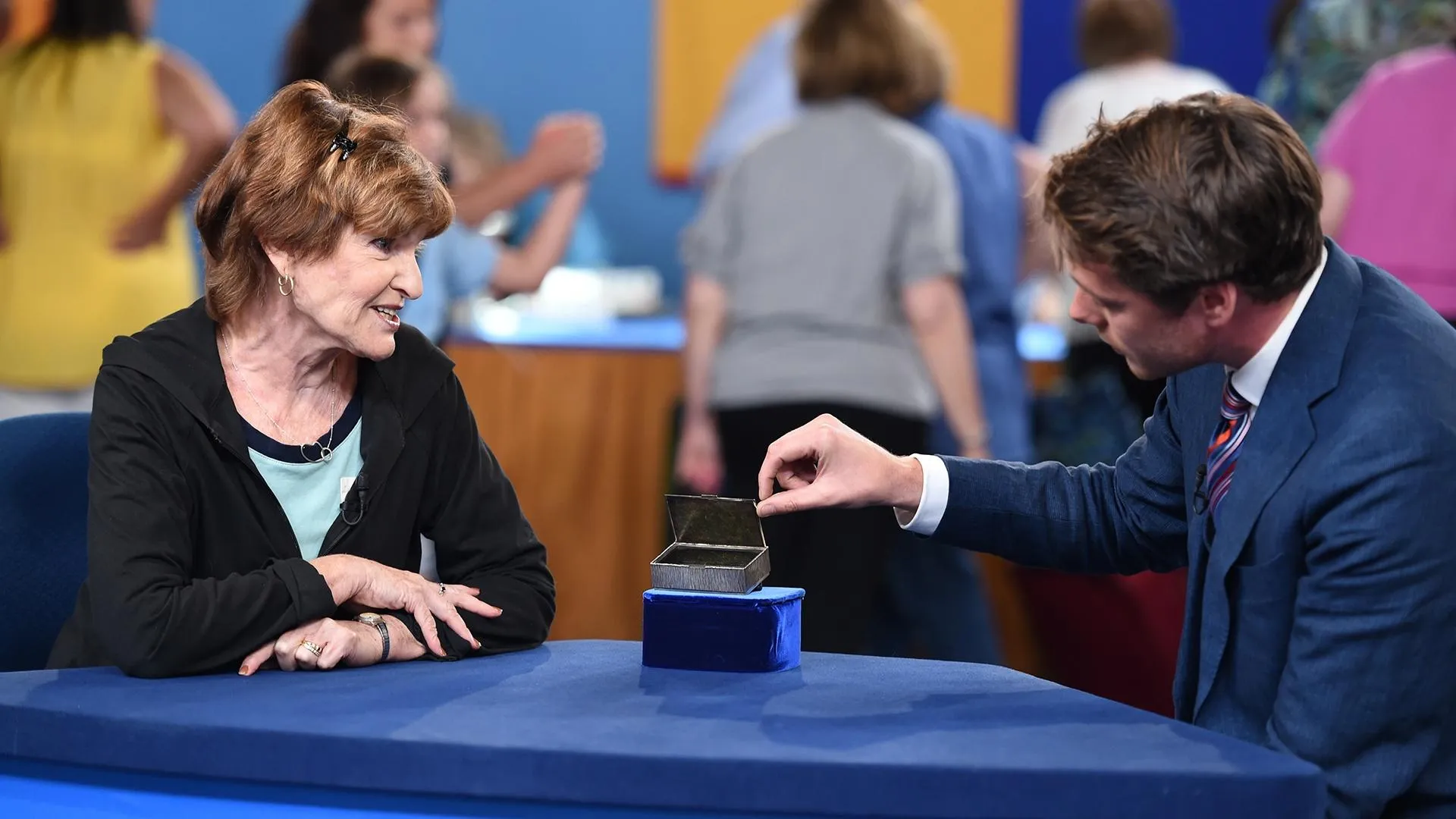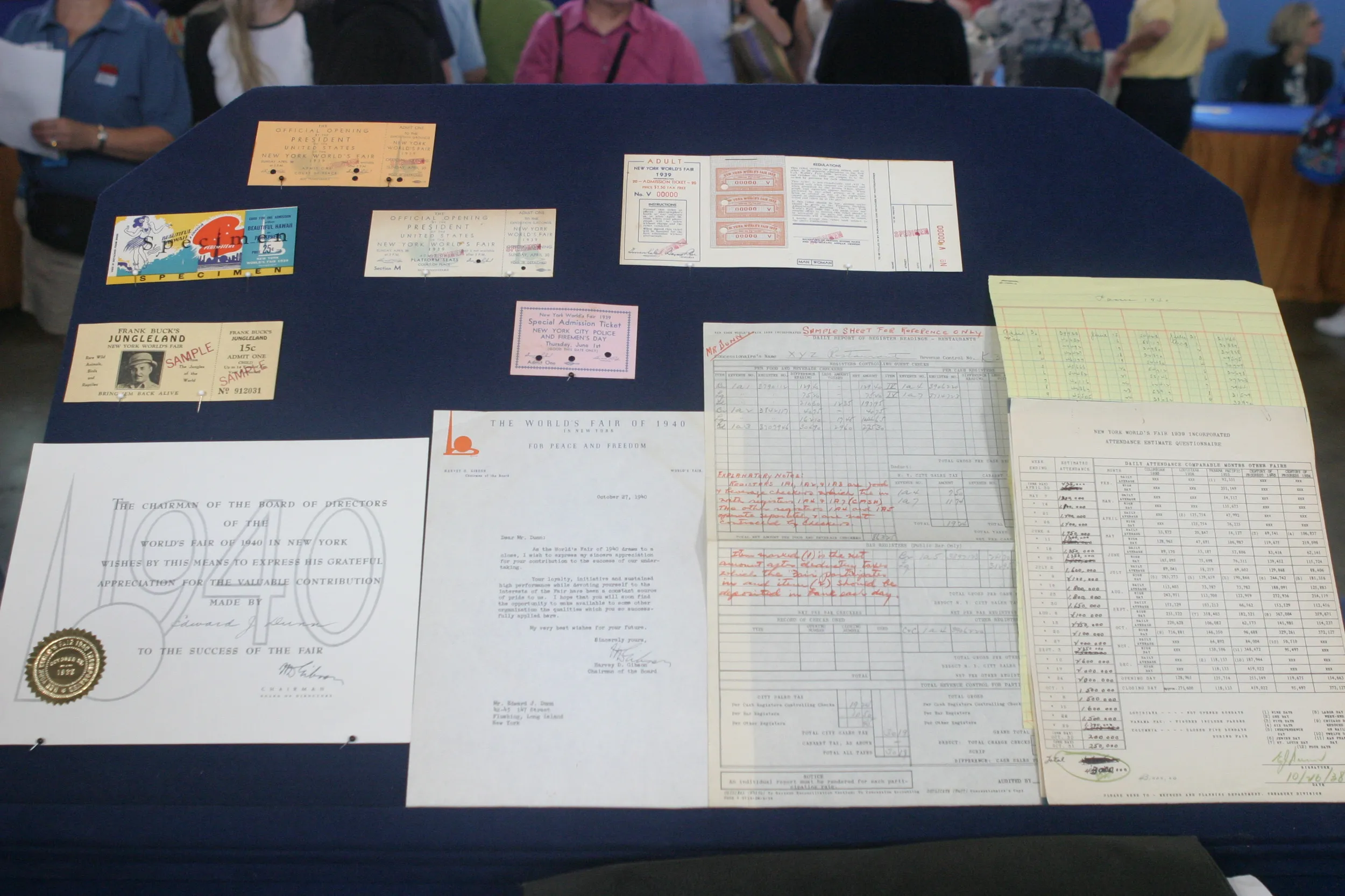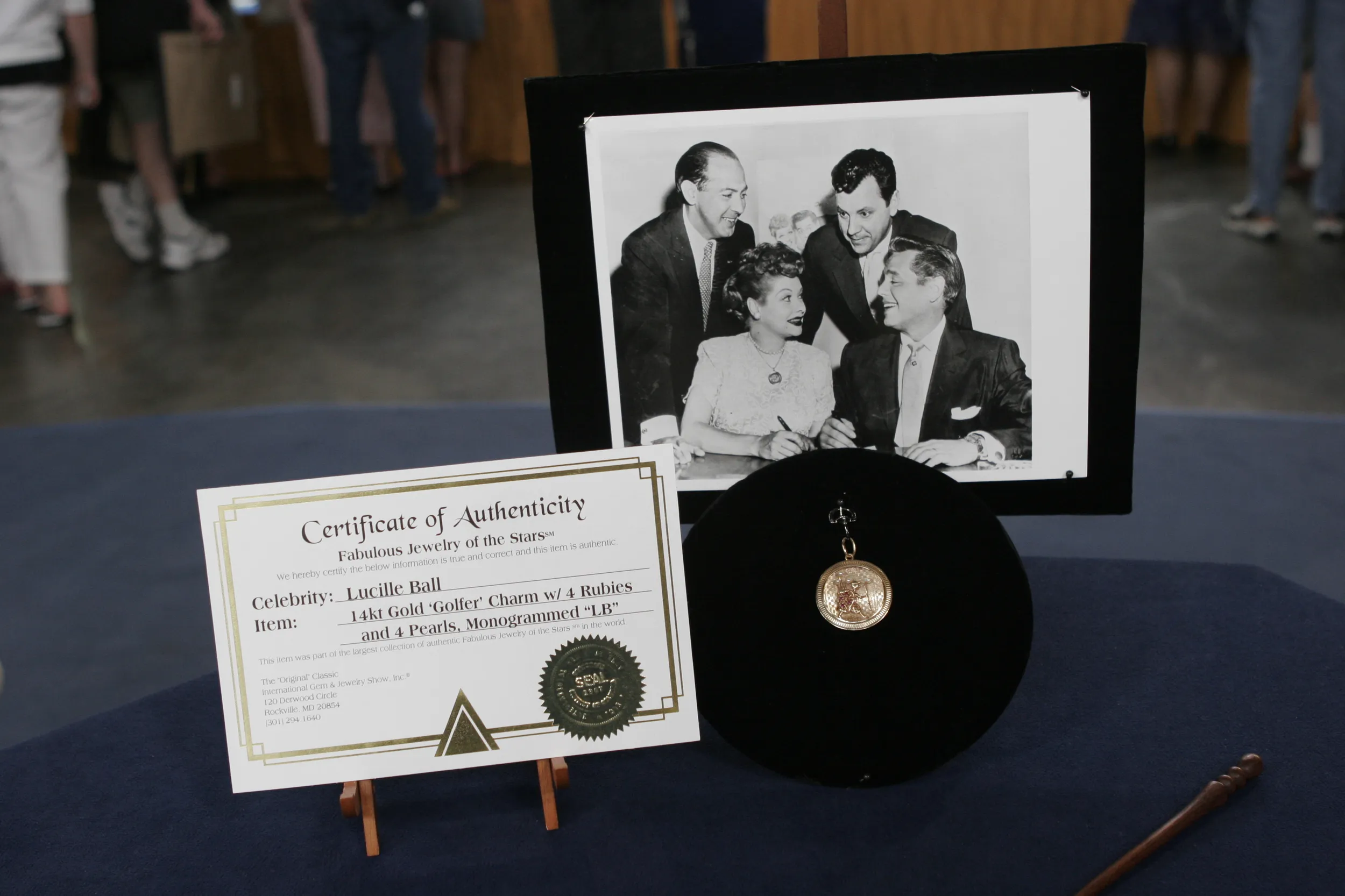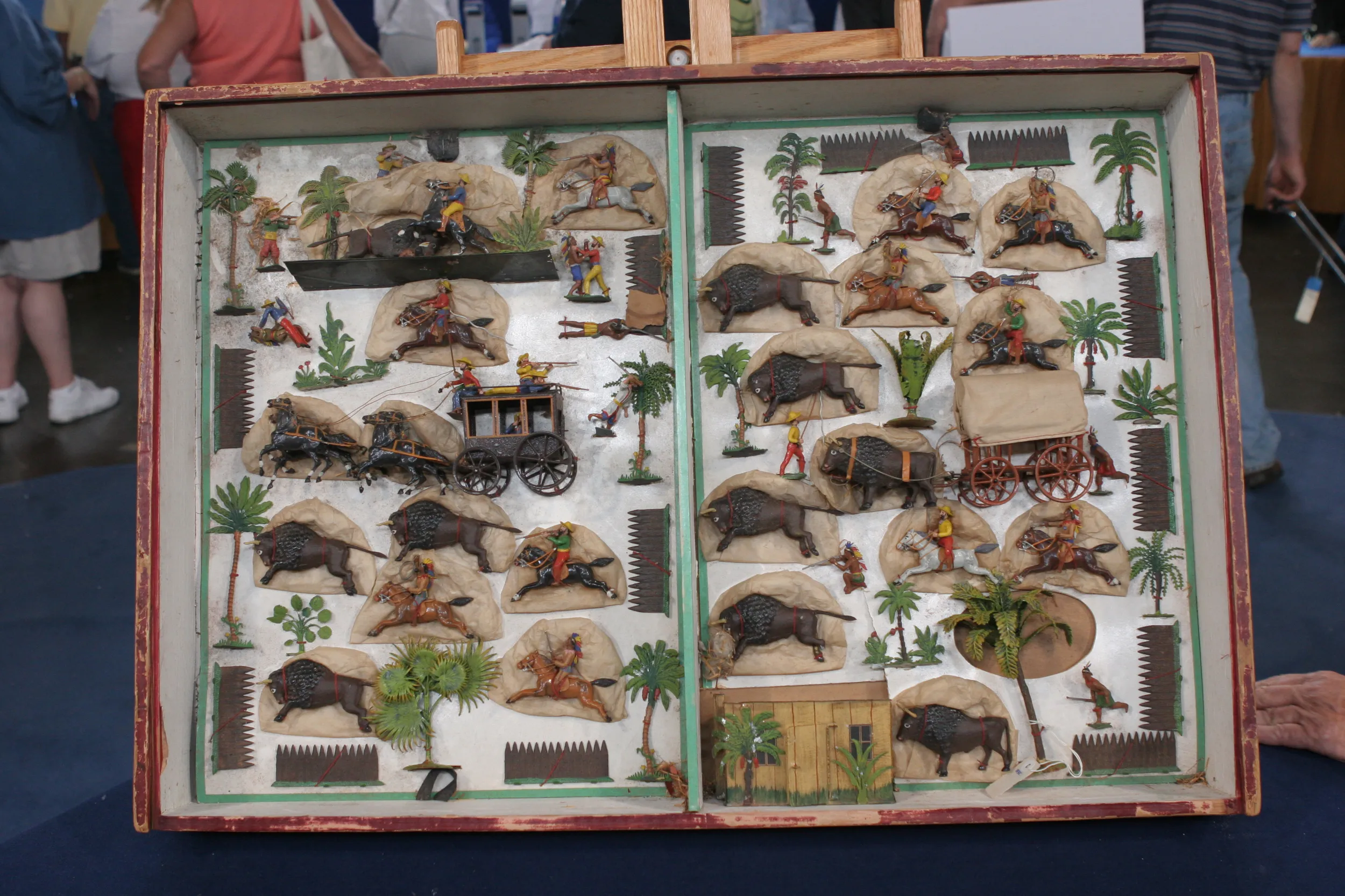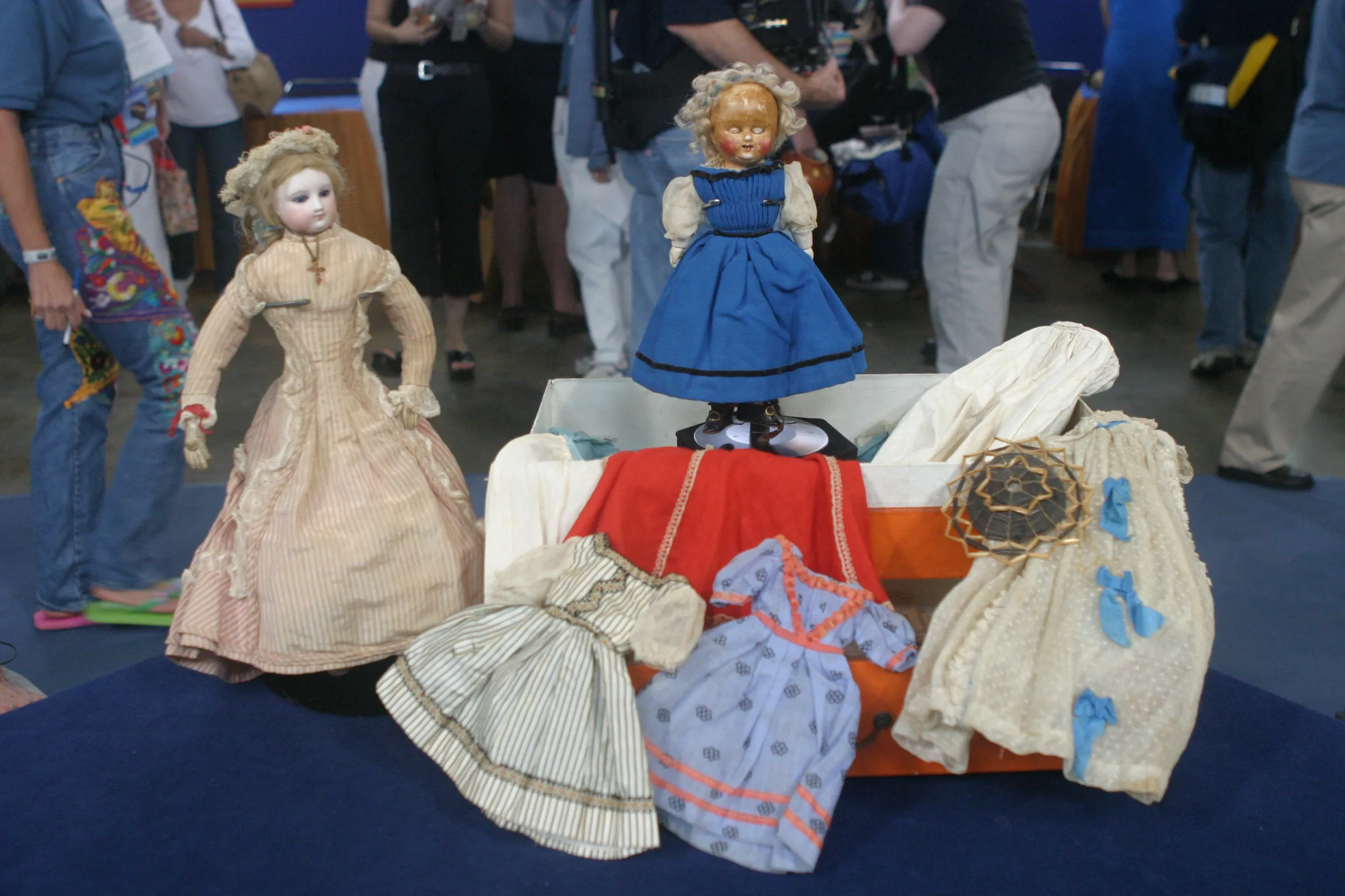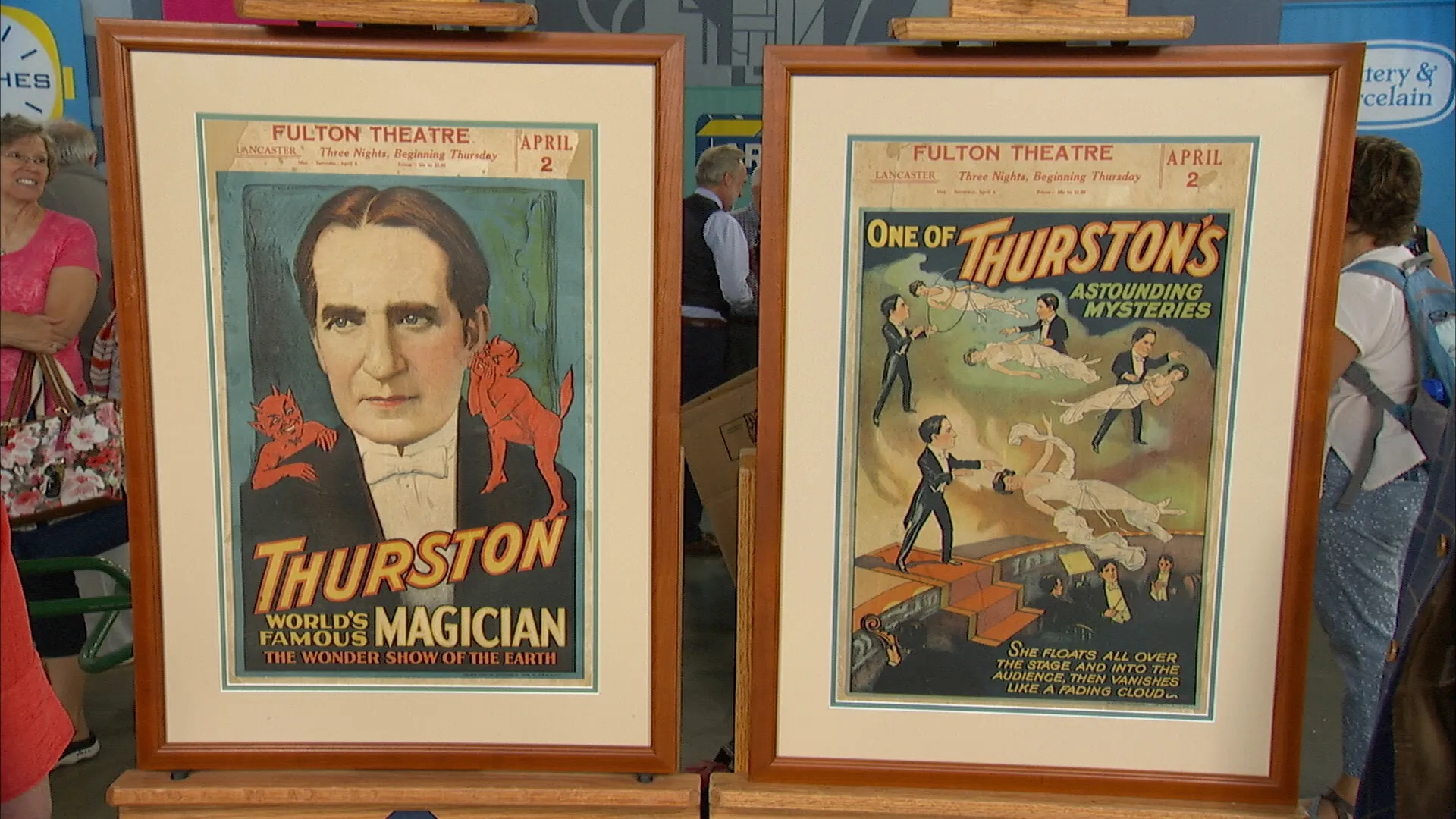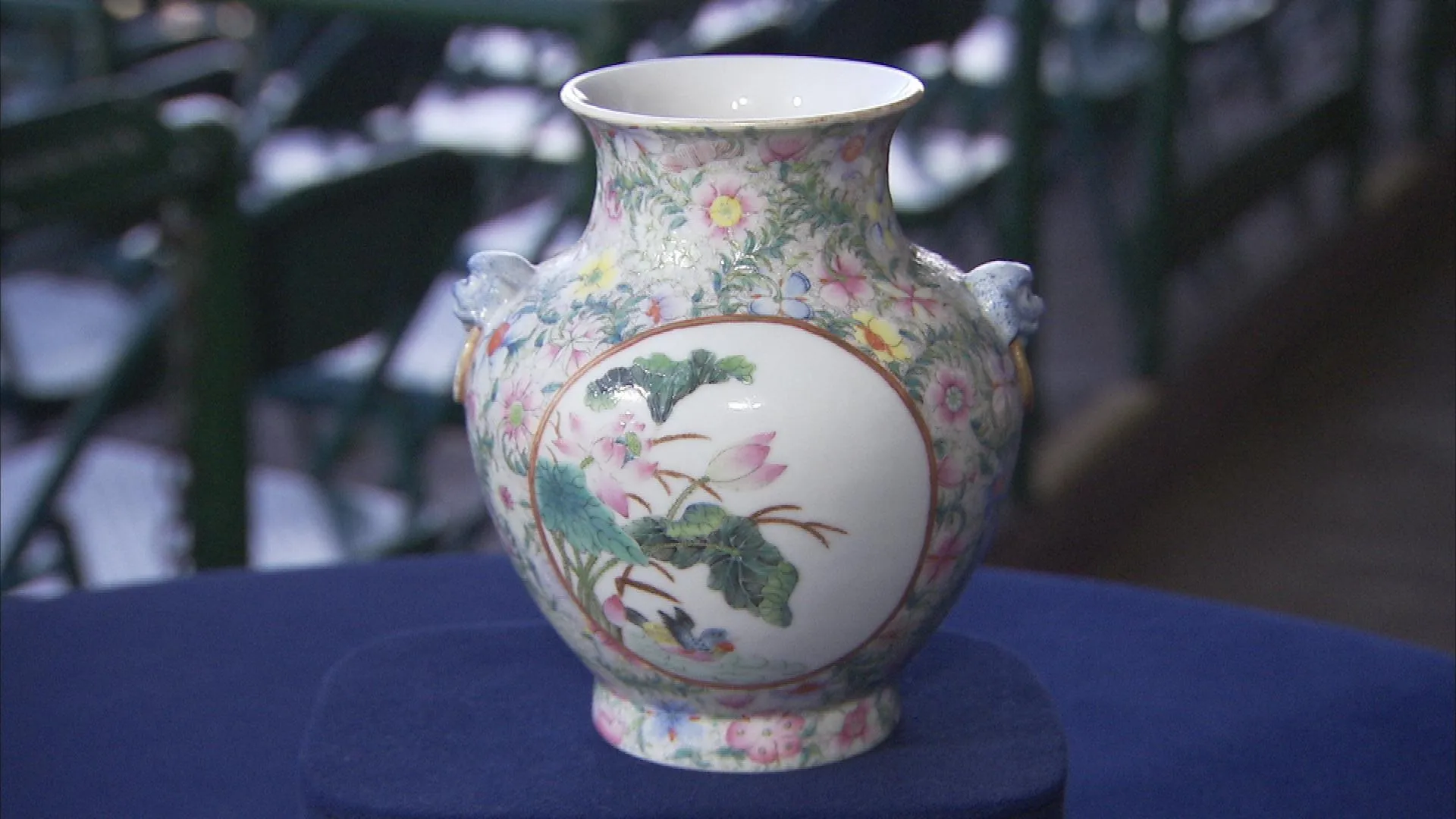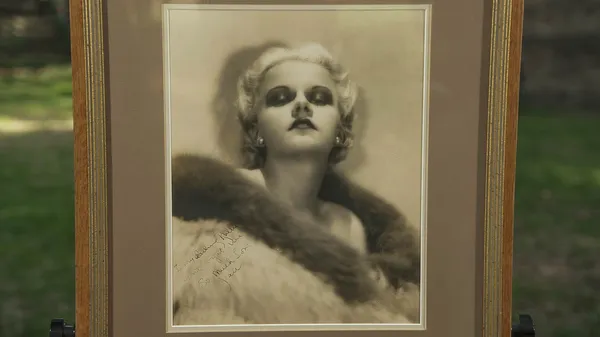HOST: The Apollo Theater in Harlem is an iconic cultural institution. It's been a top venue for predominantly African-American talent since the 1930s, nurturing emerging artists and attracting the biggest names in jazz, rock and roll, soul, hip hop, comedy and more. The Apollo Theater is building an archive to document the history of this legendary performance space, and they're calling on the public to help them in their search for Apollo-related treasures. Tell me about the legacy of the Apollo Theater.
APPRAISER: It's the epicenter of black culture and American culture, and it's a place where you knew if you came here, you were going to see great performances every time you came. The building itself was built in 1914 as an all-white burlesque house, but at the end of the Harlem Renaissance around the 1930s, African Americans were coming in to perform at the Apollo Theater. And it brought in the best of the best. Ella Fitzgerald, Gladys Knight, the Isley Brothers, Dionne Warwick. All of these people started on Amateur Night at the Apollo and then went on to become legends. James Brown started on Amateur Night, and James Brown has had the most attendance of any performer at the Apollo Theater.
HOST: What are some of the things you hope to recover?
APPRAISER: We would love to recover posters of different concerts, any snapshots of people performing on the stage. Whenever there were shows here, the band, the Apollo House Band, had the band stands right in front that says "Apollo Theatre." If anyone has that, that would be awesome for us to have for our archives. There was once a microphone that used to come up out of the floor here. When the Supremes would walk out... j& Stop! In the name of love j& ...and then this mic would come up out of the floor. If anybody knows where the mic stand that came up out of the floor of the Apollo, please contact us. We would love to have it.
HOST: Where do you think some of these iconic items went over the years?
APPRAISER: The Smithsonian has some objects. Some artists have just taken things with them. There was a fire here, and the caretaker Doll Thomas had a chest of different Apollo Theater tools and costumes, and he couldn't keep them. He couldn't store them, and he gave them away. So there's a lot of things out there that people might have that are part of this Apollo Theater history. We need your help, we want to keep this legacy and the history alive, so let us know.
HOST: And I thank you very much for your time.
APPRAISER: You're more than welcome, Mark.

